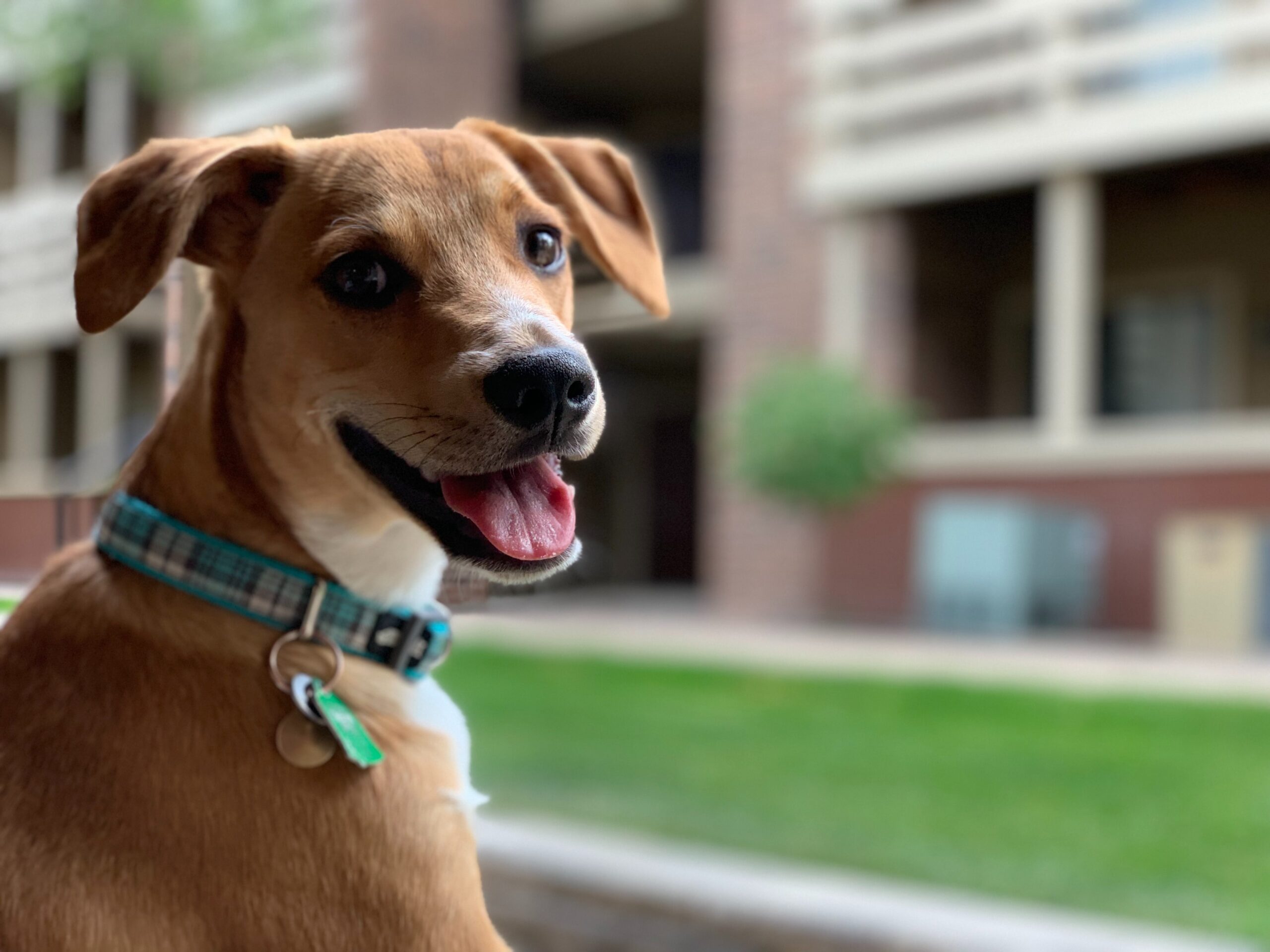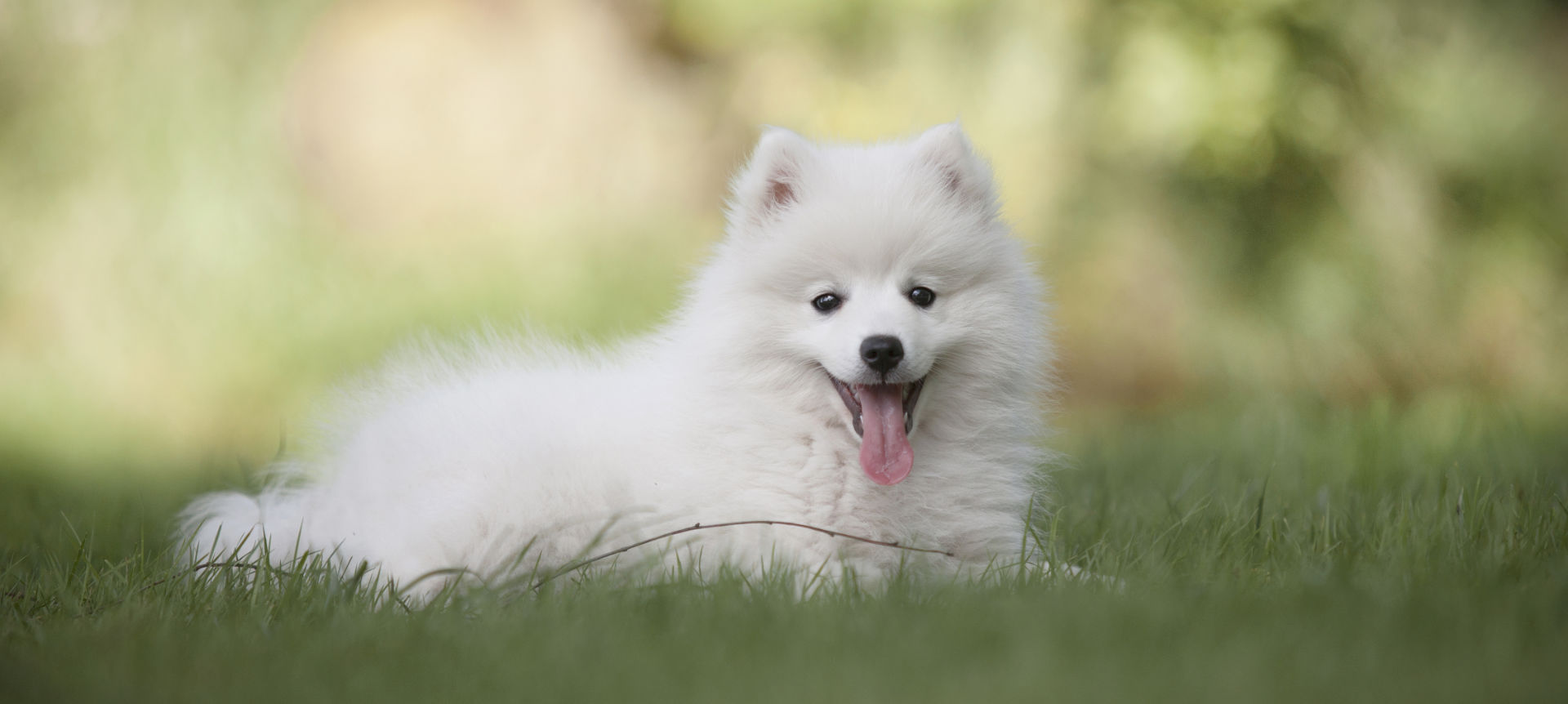
15 May COHAT, More Than Just a Teeth Cleaning
A clean and healthy mouth provides more benefits than having a nice smile. A mouth with painful or infected teeth, inflammation, or lumps can affect your pet’s health and quality of life. Having your pet’s teeth cleaned should involve more than just a “cleaning”. At Veterinary Dental Specialists of Wisconsin, we take dental health to the next level. We perform a Comprehensive Oral Health Assessment and Treatment (COHAT) on every anesthetized pet.
Consultation
Since a complete oral evaluation requires general anesthesia, we start with a consultation in the examination room with you and your pet. We will examine your pet’s mouth as thoroughly as he/she allows. At that time we may have a tentative treatment plan proposed and basic costs discussed. This is subject to change based on what we find during the anesthetized exam.
Anesthesia & Recovery
Most people have concerns about anesthesia safety and recovery, however, anesthesia is necessary in order to alleviate stress for your pet and for our team to give them the most beneficial teeth cleaning and exam. We take many steps to minimize the risk. This includes pre-operative laboratory work, a pre-anesthetic physical exam, placement of an IV catheter with fluid support, pain medicine, advanced anesthetic monitoring, and trained personnel. We even have the ability to use telemedicine to get a board-certified anesthesiologist involved in your pet’s care.
Our COHAT Plan
Our COHAT plan involves more than just cleaning. We start with an examination of your pet’s face, adjacent lymph nodes and salivary glands, tongue, tonsils, palate, cheeks, throat, and gums. This is followed by cleaning above and below the gum line, a thorough periodontal probing of each tooth, and radiographs (x-rays) of all the teeth. We also radiograph missing teeth looking for any impacted teeth or broken roots.
Recently, we have added the capability to image your pet’s head and teeth with Cone Beam Computed Tomography (CBCT). This allows 3-D viewing of the teeth and jaws to better document periodontal disease, resorption, TMJ abnormalities, and even some nasal and ear problems that could be affecting your pet.
Once the mouth is completely evaluated, we will contact you to report our findings and adjust the treatment recommendations and cost estimate if needed. Since your pet will still be under anesthesia, it is important that you are available to be contacted. Any additional treatments are performed at that time. ‘
Post-Treatment
Once the treatments are complete, your pet is recovered. The time of your pet’s discharge will depend on many factors, such as when the treatments are completed and how long recovery takes. At the time of discharge, we will review the findings and treatments with you, review the radiographs, and discuss home care and any follow-up requirements.
At Veterinary Dental Specialists of Wisconsin, we recommend that your pet sees our team annually for a COHAT in order to reduce the risk of periodontal disease and other oral health conditions.
Photo by Troy Bridges from Unsplash


